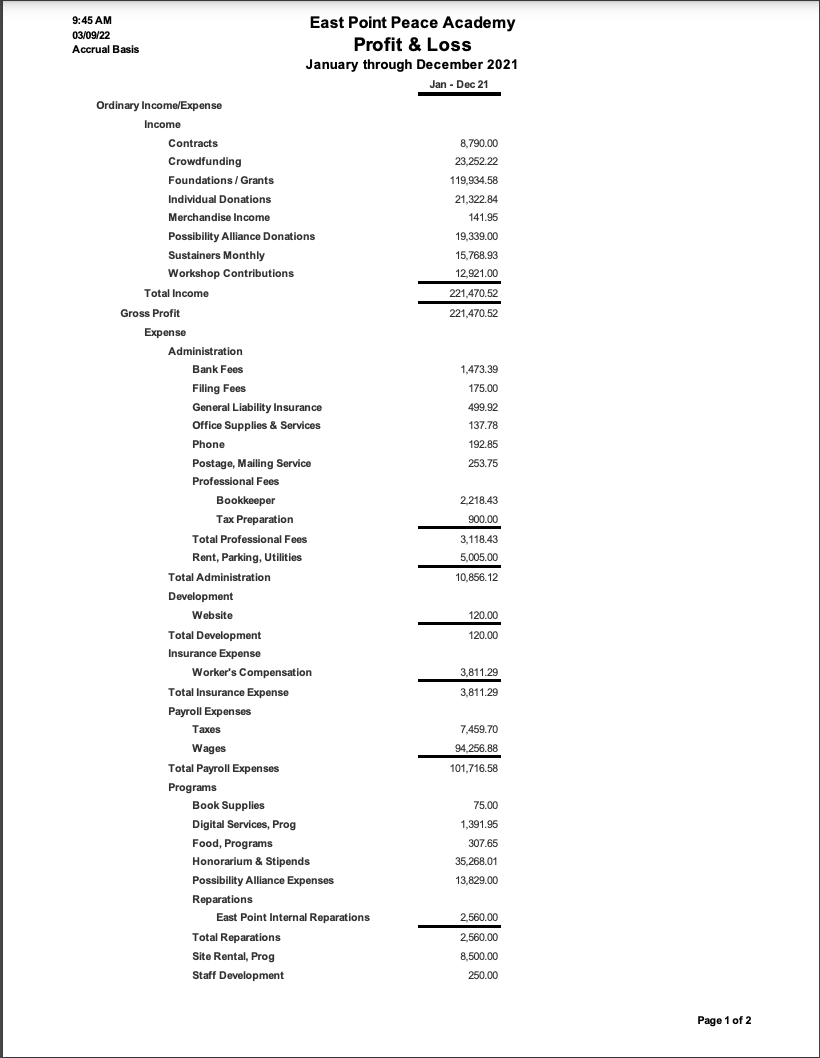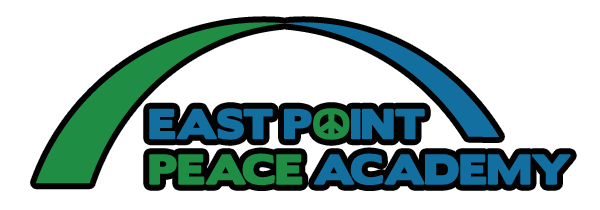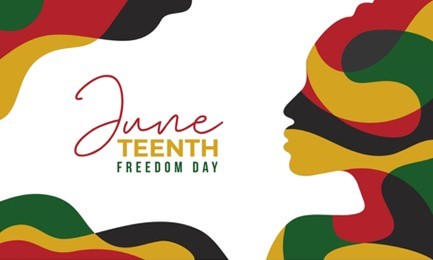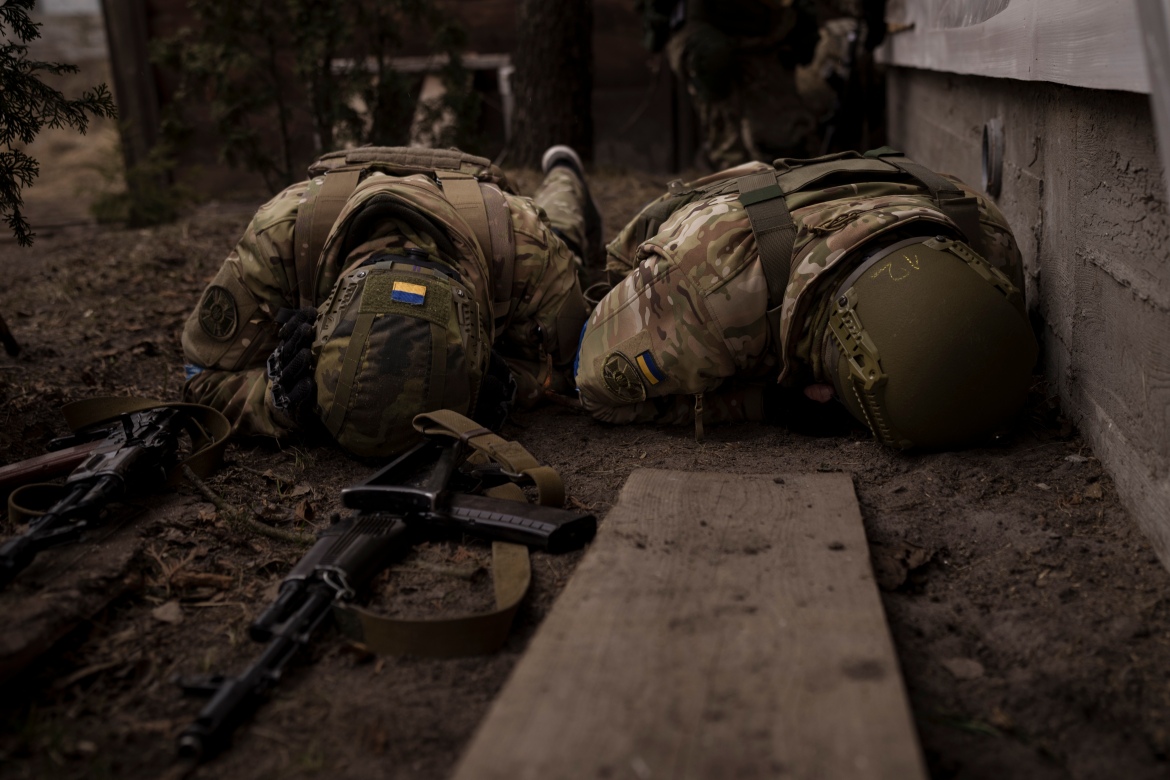To Our Supporters
Dear Supporters,
In the spirit of Dr. Martin Luther King Jr.'s timeless wisdom, we at East Point Peace Academy are driven by the belief that nonviolence holds the key to breaking the cycle of revenge and fostering lasting peace through reconciliation. Since our inception in 2013, we have been dedicated to spreading the transformative teachings of Kingian Nonviolence Conflict Reconciliation.
Our commitment to change knows no bounds, and we are proud to introduce our latest workshop series, "Trans-Communality: Selling Social Change Without Sell Out." Through workshops both within correctional facilities and in our communities, we have been actively diverting adults from re-entering the criminal justice system, forging a path toward brighter futures for individuals, families, and neighborhoods impacted by mass incarceration.
Now, as we embark on an ambitious five-year plan, we need your support more than ever. With your generous donations and grants, we aim to expand our reach and deepen our impact. Together, we can turn the tide against poverty, violence, and incarceration in under-resourced communities, bringing about tangible and lasting change.
Join us in our mission to create a world where compassion triumphs over conflict, and every individual has the opportunity to thrive. Your support today will help shape a brighter tomorrow for generations to come.
With heartfelt gratitude,
East Point Peace Academy
Public Apology
"The time is always right to do what is right." – Rev. Dr. Martin Luther King, Jr.
April 5, 2023
Dear East Point Peace Academy Community,
In Social Justice circles there are many collaborations, partnerships, and collective works in moving towards support of various movements near and far. In the spirit of that tradition, East Point Peace Academy (“East Point”) organized fundraising and participated in a cohort to go to Line 3 to support the Indigenous led actions there; under an Indigenous delegate appointed by Indigenous Elders of Idle No More (INM) SF Bay.
East Point Peace Academy staff members traveled with other cohort members to the Line 3 Action, during which the group stayed at Camp Migizi along with other cohort members who had traveled independently to Line 3. Central to participation in the Line 3 Action, sited on Indigenous lands and led by Indigenous folks, was a commitment to be in support of Indigenous leadership, including the Delegate chosen by the Grandmother Advisors of INM.
At some point in this journey, there were a series of transgressions that the Delegate for the cohort tried to address with East Point leadership and representatives. East Point representatives had to be reminded of the cultural protocol of being “Good Guests” on Indigenous lands, under Indigenous leadership. As a result of East Point not demonstrating the responsibility of being “Good Guests” on Indigenous lands, there was a banning of East Point as an organization from any further participation at Line 3. Several months later, the Grandmother Advisors invited members of East Point leadership and staff who went to Line 3, to participate in an Indigenous restorative process. Unfortunately, it was not possible for reconciliation to occur. We did learn from the Grandmother Advisors that our staff person, who had resigned from East Point early last year, did write an individual letter of apology and participated in a process with them which resulted in reconciliation.
By the time the Board was made aware of the status of this conflict, the banning and the events that had transpired, over a year and a half had passed since the trip to Line 3. There was so much to learn from this experience, including how to be appropriate on the land of the community they (East Point representatives) were serving and how to participate in an Indigenous process. This learning was missed, apart from our one staff member who stayed committed to the process.
As a Board we recognized that East Point as an organization could have been better “guests” and also could have been stronger in good intention, heart, mind, spirit and tongue in the restorative process. As a result of the transgressions, there were deep spiritual and cultural harms that were experienced by the cohort’s Delegate and all who were present. We understand that harms of this nature are felt far beyond the initial interactions and primary participants. However, an organization that represents restorative processes must also, when necessary, stand in discomfort and be accountable. Even if the act of “bearing witness” is required outside of one’s comfort zone. The sacredness of this work demands that those that participate in the facilitation of restorative processes, must also be in action when called to join that accountability circle.
We, as an organization, publicly apologize to Idle No More SF Bay, the Delegate and any participants of Line 3 that were impacted/harmed by the actions of representatives of East Point; unsanctioned by the East Point Board.
East Point lost a valuable opportunity to re-assess what it means to learn in the midst of conflict; and had a unique opportunity to learn from already established Indigenous restorative processes practiced for thousands of years. We have deep gratitude for the Grandmother Advisors who reached out to us so that we could learn, after the fact is better than not learning at all, and publicly take responsibility for East Point Peace Academy and its representatives.
Over the years many people have contributed their time and resources to our organization in support of the legacy of Rev. Dr. Martin Luther King Jr., and the work of Dr. Bernard LaFayette and David Jensen. We would not be in integrity with their support, sacrifices, and contributions, if we did not learn from our mistakes and the mistakes of others. We stand with All Our Relations and remain in circle until all of us can be reconciled.
In Respect,
East Point Peace Academy Board
"The ultimate measure of a man is not where he stands in moments of comfort and convenience, but where he stands at times of challenge and controversy." – Rev. Dr. Martin Luther King, Jr.
Transitions
Dear East Point Family,
East Point Peace Academy has long recognized the impact of socio-economic injustice and the legacy of race, gender and class discrimination that has decimated our communities on a large scale. As Kingian Nonviolence Conflict Reconciliation practitioners, we endeavor to move collaboratively in the direction of social justice while recognizing that there will be conflicting methods and differences of opinions on how we get there. And we know that the arc of the universe bends towards justice, therefore “every step taken towards justice is a step in the right direction.” Inasmuch as Kazu Haga has resigned from the Leadership Team to pursue his interests, we want to acknowledge his community work and collaborations in the development of East Point and its programs over the past 10 years.
Our Board members are contemplating the next steps to ensure this change results in the best path forward. The Board will engage an interim Leadership Team member to care for the organization during this time of transition. As an organization, East Point remains committed to continuing the work of institutionalizing and internationalizing the legacy of Rev. Dr. Martin Luther King, Jr. through offering Kingian Nonviolence Conflict Reconciliation trainings and related programming.
We value our communities and appreciate your patience and continued support during this period of contemplation and renewal. An announcement regarding our interim Leadership Team Member will be forthcoming. Please forward any questions or concerns to [email protected].
In love and community,
East Point Peace Academy
Board of Directors
2021 Year End Financial Statement!
Click Image to See/Download Full Budget
We've just completed our financial statement for 2021 and wanted to share them with you as part of our commitment to financial transparency! We're sorry this took us a little while this year. With many of our staff being away and us integrating laura onto our team, it's been a busy start to the year.
As always, as an organization that relies on the Gift Economy, we are so grateful for all of your support. Not only grateful, but we are constantly in awe of your generosity, and the generosity of the universe. We see everyday that when we are aligned with our true purpose, the universe supplies us with abundance and sustainability.
Here are a few summary points for the year:
- In 2021, we raised a total of $222,462.67!!!! That is amazing, for an organization with no fundraising staff, no fundraising events, and very little effort put into fundraising! This is the power of the Gift Economy. We are so grateful to each person who contributed!
- We spent a total of $191,763.87. That leaves us with a net of $30,698.80!
- As you may know, we practice what is known as "emergent budgeting." We do create budgets, but use them as VERY loose guidelines, knowing that there is no way for us to anticipate what might happen throughout the year. We make very little effort into making sure that our spending or fundraising is aligning with our budget, knowing that they were just guesses that we made at the start of the year.
Instead, we focus our time, energy and human resources on our programs, and have faith that the work we are meant to be doing in the world will be supported and sustained.- This means that throughout the year, we often times have expenses or income that was unanticipated at the start of the year. An example of this are the three delegations to the Line 3 struggle that we supported early in the year. This accounts for the majority of the $23,252.22 we raised through crowdfunding. The expenses are accounted for in Honorariums and Stipends for the delegates, Housing, Transportation and Travel Expenses.
- Honorariums and Stipends also includes payments for our Core Team members who are not on staff as well as facilitators and trainers throughout the year.
- This means that throughout the year, we often times have expenses or income that was unanticipated at the start of the year. An example of this are the three delegations to the Line 3 struggle that we supported early in the year. This accounts for the majority of the $23,252.22 we raised through crowdfunding. The expenses are accounted for in Honorariums and Stipends for the delegates, Housing, Transportation and Travel Expenses.
- Another new thing you may notice in our budget is both income and expenses for the Possibility Alliance. The PA are friends of East Point and one of the founding organizations for the Fierce Vulnerability Network, and are now under fiscal sponsorship with East Point. This means that donations made to the PA come to East Point, after which we send it to them as a grant.
If you have any more questions as you look through our budget, please feel free to contact us! We are only able to do our work because of your support. This means you deserve to know anything and everything about how your money is used!
With infinite gratitude,
The Core Team and Board at East Point Peace Academy








